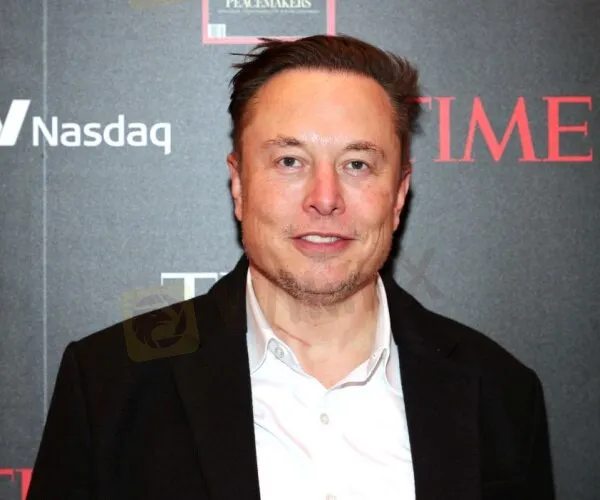简体中文
繁體中文
English
Pусский
日本語
ภาษาไทย
Tiếng Việt
Bahasa Indonesia
Español
हिन्दी
Filippiiniläinen
Français
Deutsch
Português
Türkçe
한국어
العربية
Musk's Sell-off of Tesla Shares Could Total $18 Billion by End of Year
Abstract:Elon Musk's sell-off of shares in Tesla could total $18 billion by the end of the year.

Elon Musk's sell-off of shares in Tesla could total $18 billion by the end of the year.
According to CNBC, “the main reason Musk is selling is to pay the taxes on the exercise of options that expire next summer. As part of a 2012 compensation package, the Tesla CEO was given options on 22.8 million shares that expire next August. The options were valued at more than $28 billion when Musk started selling shares, which means his tax bill would have been as high as $15 billion.”
On Monday, Musk sold $906 million in Tesla stock to bring him closer to his goal, whatever that may be. But the report from CNBC adds that part of Musk's plans to sell could be “to help fund SpaceX or other ventures.”
For more blockchain news, please download WikiBit - the Global Blockchain Regulatory Inquiry APP.

Disclaimer:
The views in this article only represent the author's personal views, and do not constitute investment advice on this platform. This platform does not guarantee the accuracy, completeness and timeliness of the information in the article, and will not be liable for any loss caused by the use of or reliance on the information in the article.
Read more

Twin Scam Alert: Broker Capitals is a New Domain of Finex Stock
This week, the Italy financial regulator CONSOB issued a warning against an unlicensed broker named Broker Capitals. When we clicked on Broker Capitals' website, its logo, trade name, and design seemed familiar to us.

Berkshire CEO-designate Abel sells stake in energy company he led for $870 million
Berkshire Hathaway Inc said on Saturday that Vice Chairman Greg Abel, who is next in line to succeed billionaire Warren Buffett as chief executive, sold his 1% stake in the company’s Berkshire Hathaway Energy unit for $870 million.

Paying particular heed to payrolls
A look at the day ahead in markets from Alun John

Dollar extends gains against yen as big Fed hike bets ramp up
The dollar extended it best rally against the yen since mid-June on Monday, buoyed by higher Treasury yields after blockbuster U.S. jobs data lifted expectations for more aggressive Federal Reserve policy tightening.
WikiFX Broker
Latest News
CWG Markets Got FSCA, South Africa Authorisation
Amazon launches Temu and Shein rival with \crazy low\ prices
CySEC Warns Against Unauthorized Investment Firms in Cyprus
JUST Finance and UBX Launch Multi-Currency Stablecoin Exchange
XM Revamps Website with Sleek Design and App Focus
TradingView & Mexico’s Uni. Partnership, to Enhance Financial Education
Something You Need to Know About SogoTrade
Global Shift in Cryptocurrency Taxation: Italy and Denmark Chart New Paths
Webull Introduces 24/5 Overnight Trading to Extend U.S. Market Access
eToro Launches Global-Edge Smart Portfolio: A Balanced Approach to Growth and Stability
Currency Calculator


